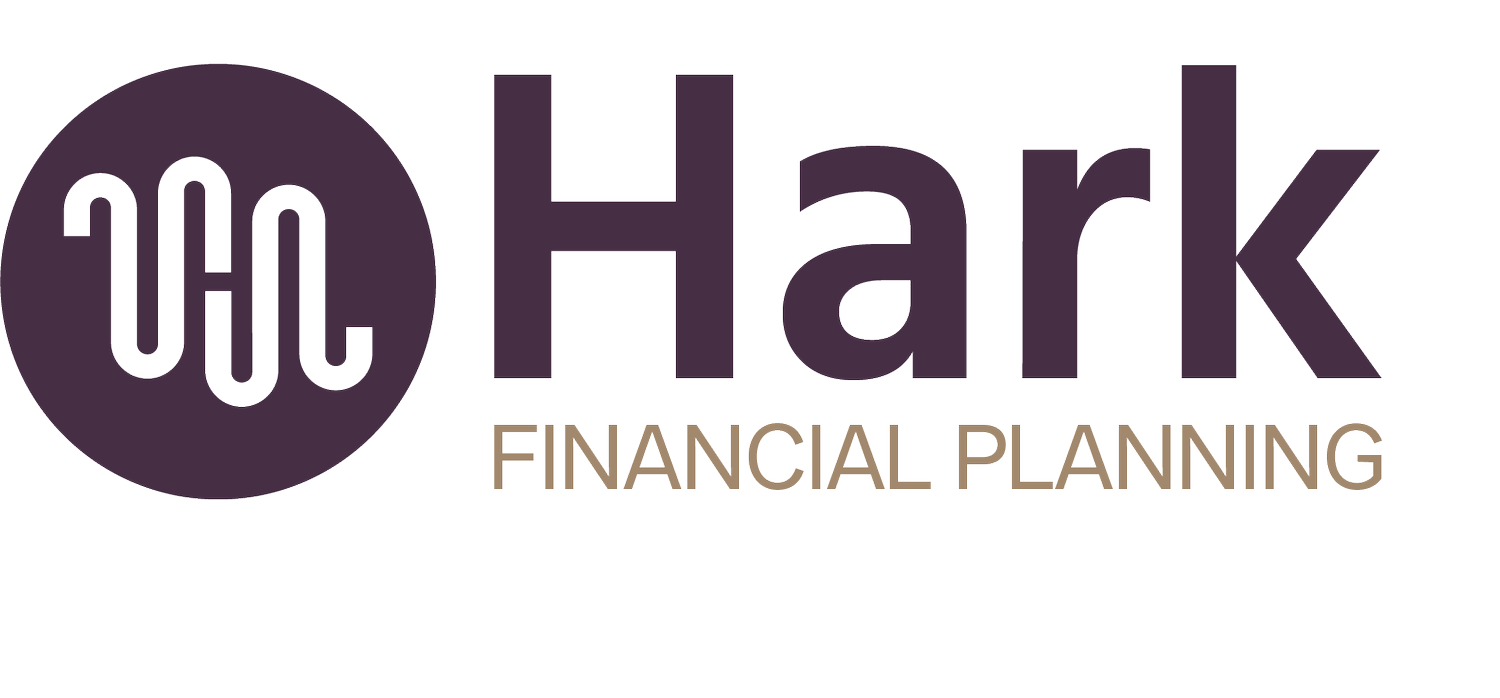What Issues Should I Consider When Paying Off My Student Loans?
Managing student loans effectively is crucial to safeguarding your financial well-being. Whether you've recently graduated or are navigating through your repayment plan, comprehending the intricacies of your student loans is essential.
This can significantly alleviate financial stress and optimize your repayments. In this guide, we'll explore key factors every borrower should consider, providing you with actionable insights to navigate your student loan repayment. From understanding loan types to optimizing payment strategies, our aim is to equip you with the knowledge to make empowered financial decisions.
Understanding Your Loan Details
Navigating the repayment of your student loans starts with a thorough understanding of your loan's specifics. This clarity is crucial in crafting a repayment plan that aligns with your financial circumstances.
Review loan terms. Determine if your loans are federal or private, as each type has distinct terms and conditions that affect your repayment options. Review the repayment plan you are current enrolled in as that will determine your payment amount and how long you will be in repayment.
Current status. Are you still in school, or are you in a grace period post-graduation? Knowing your current loan status is essential for planning when to start making payments.
Each of these elements plays a critical role in developing an effective repayment plan. By addressing these factors early, you can set a solid foundation for managing your student loans efficiently and avoiding potential financial strain.
Managing Your Cash Flow for Loan Repayment
Effective management of your cash flow is essential for navigating student loan repayment without jeopardizing your financial health.
Repayment challenges. If making regular payments becomes burdensome, consider relief options like deferment or forbearance. However, it's important to understand the long-term implications, such as increased interest accrual, which could raise the overall cost of your loan.
Extra payments. To accelerate loan repayment and reduce total interest, make sure that any extra payments are applied directly to the principal. This approach helps avoid potential prepayment penalties and decreases the lifetime cost of your loan.
Employer benefits. Take advantage of any employer-provided student loan repayment benefits. These contributions can significantly reduce your loan balance and shorten the repayment period.
By carefully considering these cash flow strategies, you can create a more manageable and efficient plan for paying off your student loans, ultimately freeing up financial resources for other personal and investment opportunities.
Optimizing Your Loan Repayment Strategy
Crafting a robust repayment strategy is crucial for managing your student loans efficiently and minimizing financial stress. Here are some key strategies to consider:
Income-driven repayment (IDR) plans. If you have federal loans, explore whether an IDR plan, such as the new SAVE plan, can reduce your monthly payments. These plans adjust your payment based on income and family size, making repayment more manageable.
Loan forgiveness. Determine if you qualify for loan forgiveness programs, particularly if you work in public service or specific professions like teaching or healthcare. These programs can significantly reduce your loan burden over time.
Federal loan consolidation. Simplify your repayment process by consolidating multiple federal loans into one. This can streamline your monthly payments and potentially offer better terms, making it easier to manage your debt.
Refinancing. If you have high-interest private loans, consider refinancing to secure a lower interest rate. Be cautious, though—refinancing federal loans with a private lender can result in losing valuable federal benefits like loan forgiveness and income-driven repayment plans.
By understanding and leveraging these repayment strategies, you can create a tailored plan that aligns with your financial goals and circumstances. This approach not only simplifies your repayment process but also helps you save money and reduce stress in the long run.
Tax Benefits and Employer Assistance
Effectively managing your student loans also means taking advantage of available tax benefits and employer assistance programs.
Tax deductions. You can potentially deduct the interest paid on your student loans from your taxable income. This deduction is applicable if your modified adjusted gross income (MAGI) falls within the qualifying range. Understanding and utilizing this deduction can significantly reduce your tax liability.
Employer repayment programs. Many employers offer programs to assist with student loan payments, which can have major financial benefits. Up to $5,250 of such employer-provided student loan repayment assistance can be excluded from your taxable income each year until 2025. This not only reduces your tax burden but also accelerates your loan repayment timeline.
Leveraging these tax deductions and employer contributions can substantially alleviate your financial load, enabling more effective management of your student loan debt.
Securing Your Financial Future While Managing Student Loans
Managing student loans is a crucial step in your broader financial journey, requiring careful balancing with other key financial goals such as saving for retirement and establishing an emergency fund. Effective loan management not only involves meticulous attention to the details of your loans but also integrating this with a comprehensive financial strategy that supports your long-term aspirations.
At Hark Financial Planning, we recognize that student loans are a significant part of many clients' financial landscapes. We are here to assist you in weaving your student loan repayment plans into a broader financial framework that enhances your financial stability and growth. Contact us today to explore how we can help you achieve a balanced and prosperous financial future, ensuring that your education financing choices support your overarching financial objectives.

